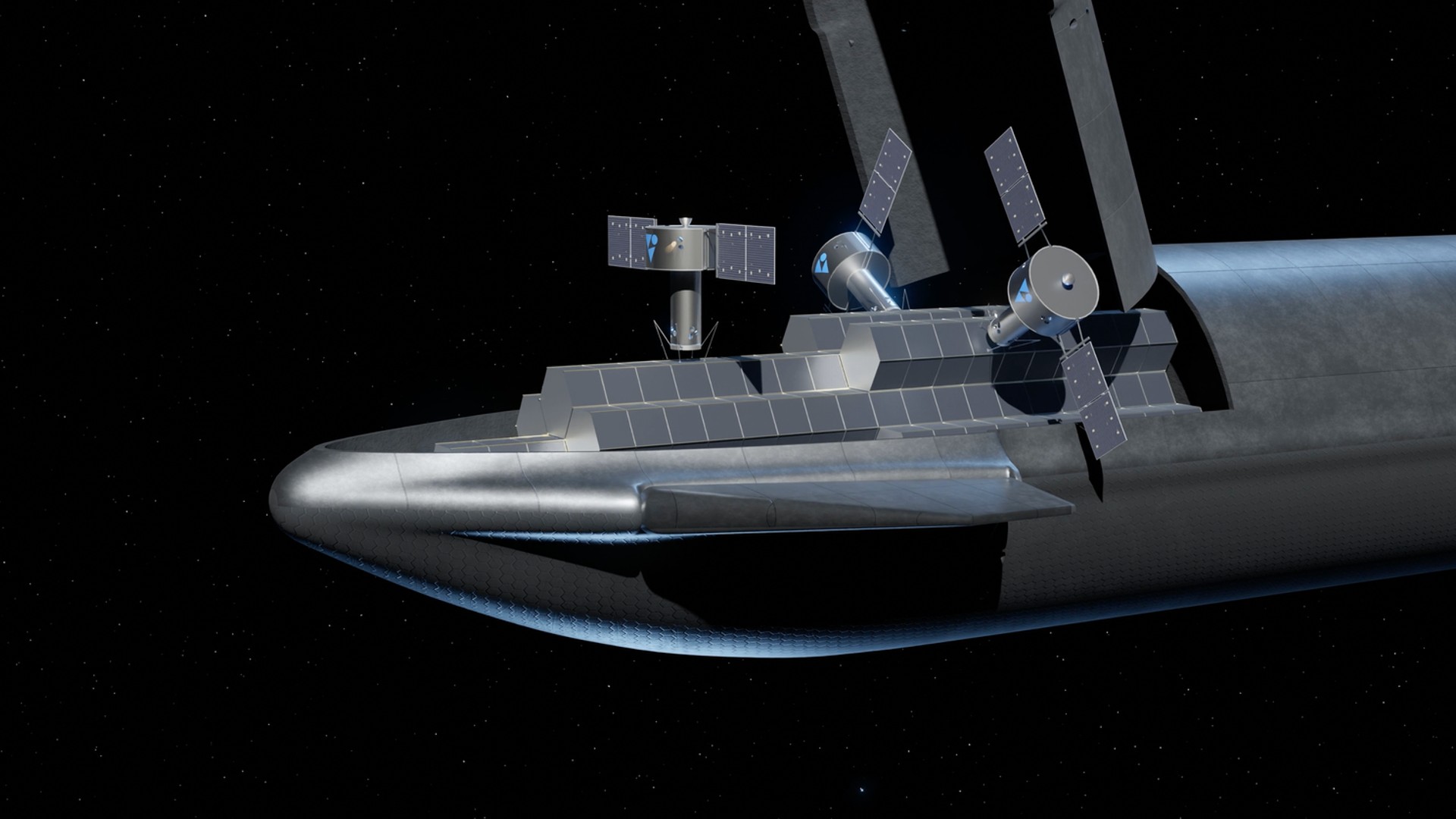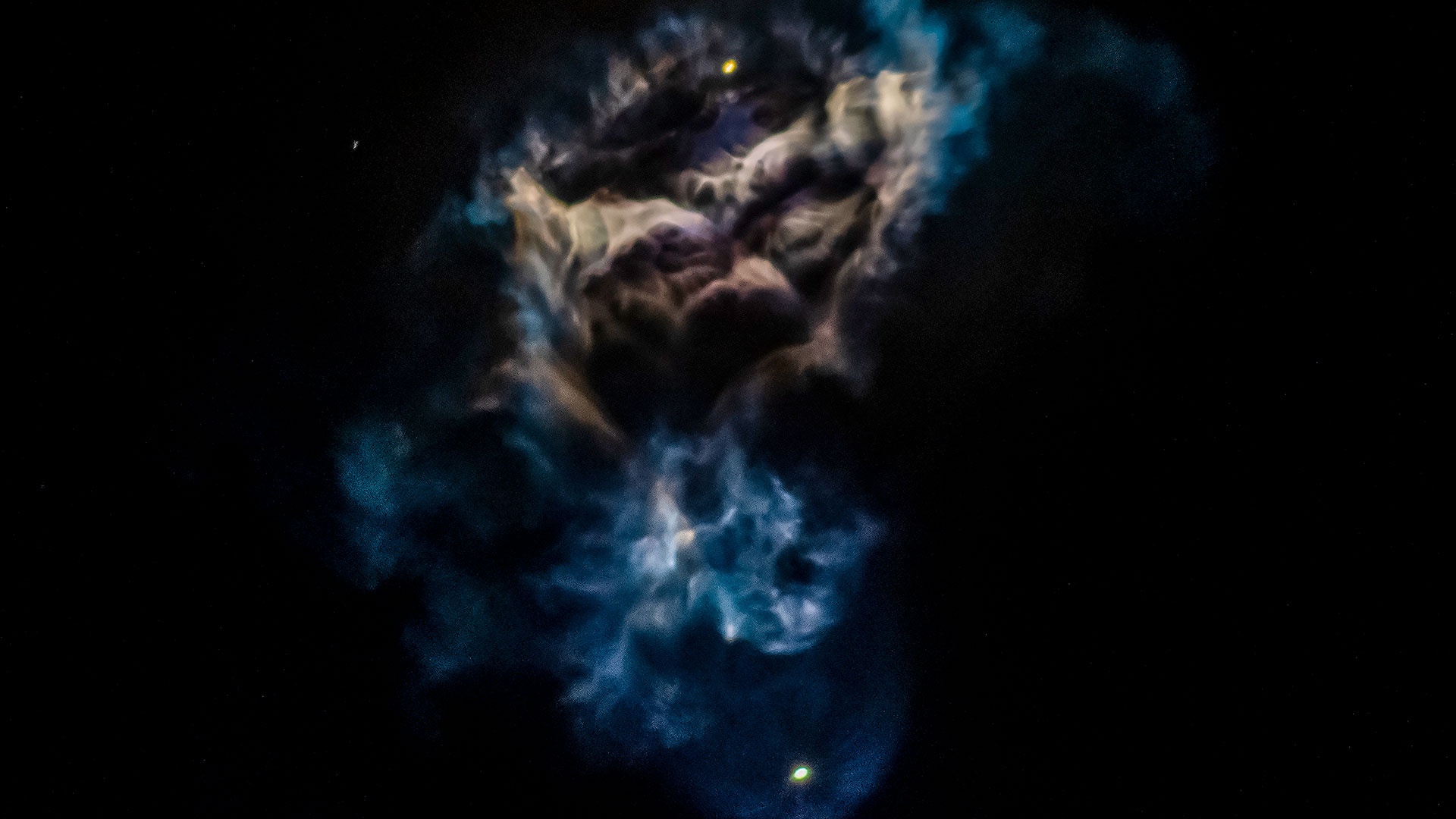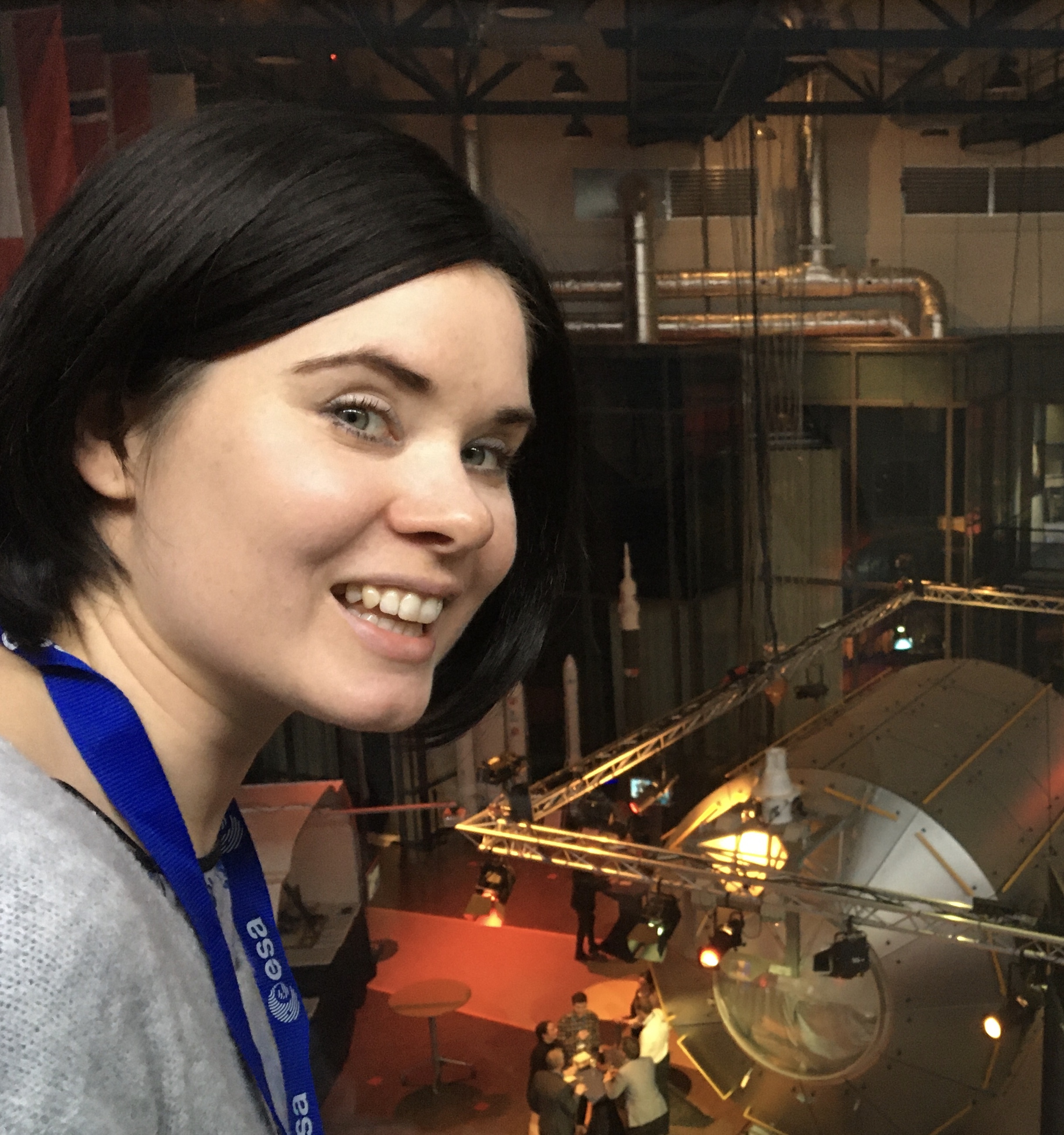
Tereza Pultarova
Tereza is a London-based science and technology journalist, aspiring fiction writer and amateur gymnast. Originally from Prague, the Czech Republic, she spent the first seven years of her career working as a reporter, script-writer and presenter for various TV programmes of the Czech Public Service Television. She later took a career break to pursue further education and added a Master's in Science from the International Space University, France, to her Bachelor's in Journalism and Master's in Cultural Anthropology from Prague's Charles University. She worked as a reporter at the Engineering and Technology magazine, freelanced for a range of publications including Live Science, Space.com, Professional Engineering, Via Satellite and Space News and served as a maternity cover science editor at the European Space Agency.
Latest articles by Tereza Pultarova
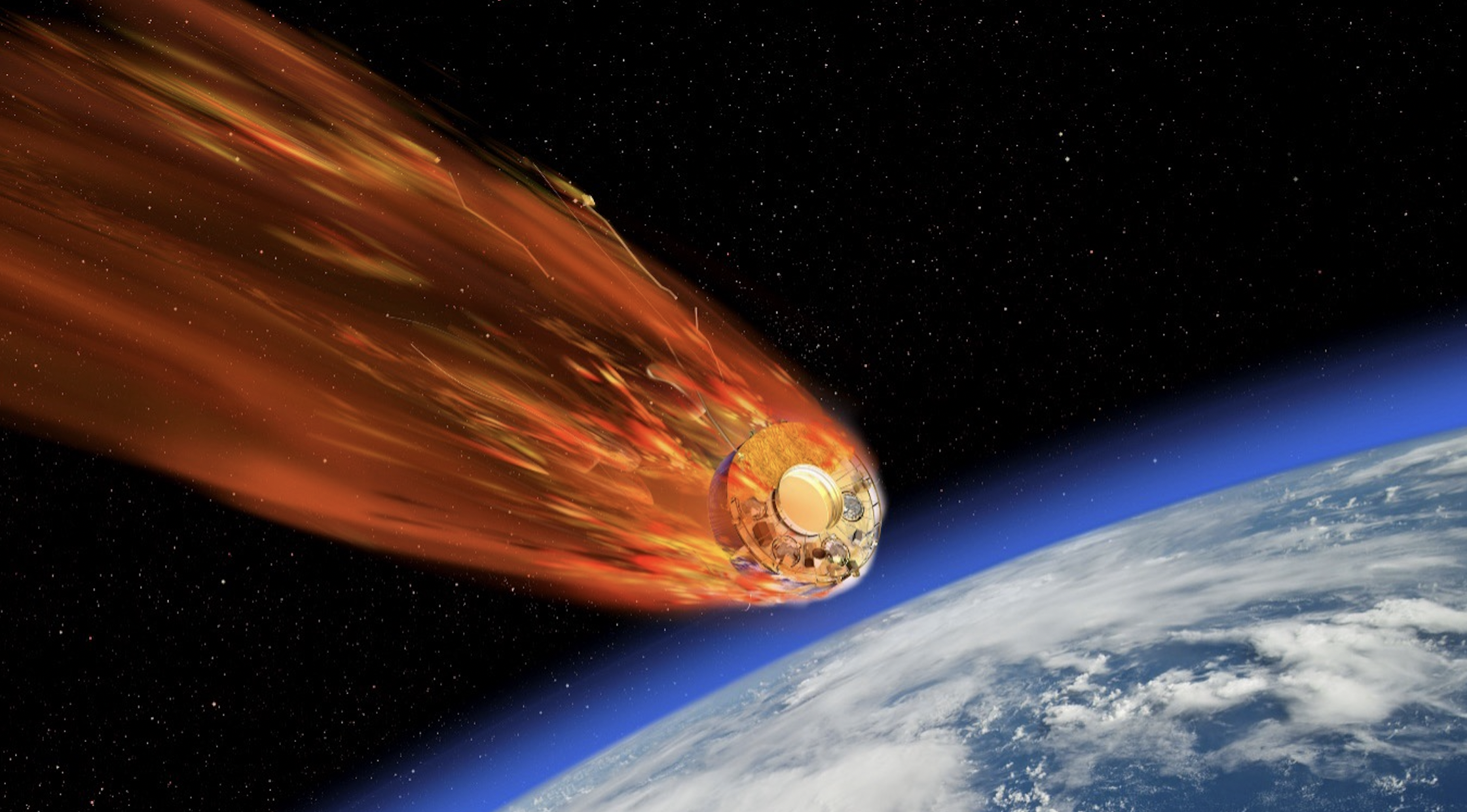
Can we solve the satellite air pollution problem? Here are 4 possible fixes
By Tereza Pultarova published
New technologies including recoverable satellites and in-orbit space debris recycling could help solve the satellite air pollution problem and prevent a new ecological crisis in the future.
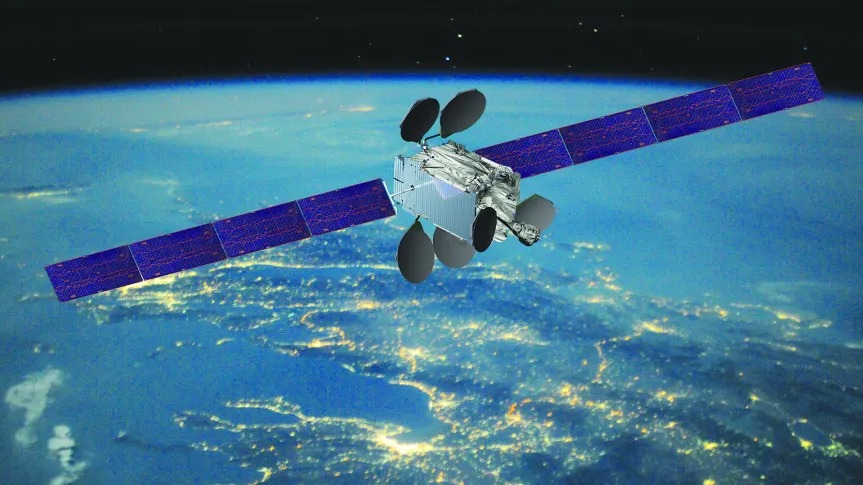
Debris from satellite breakup threatens other spacecraft, animation shows
By Tereza Pultarova published
Debris from the broken-apart Intelsat 33e telecom satellite is spreading across geosynchronous orbit, threatening spacecraft in this precious region of space, an animation shows.
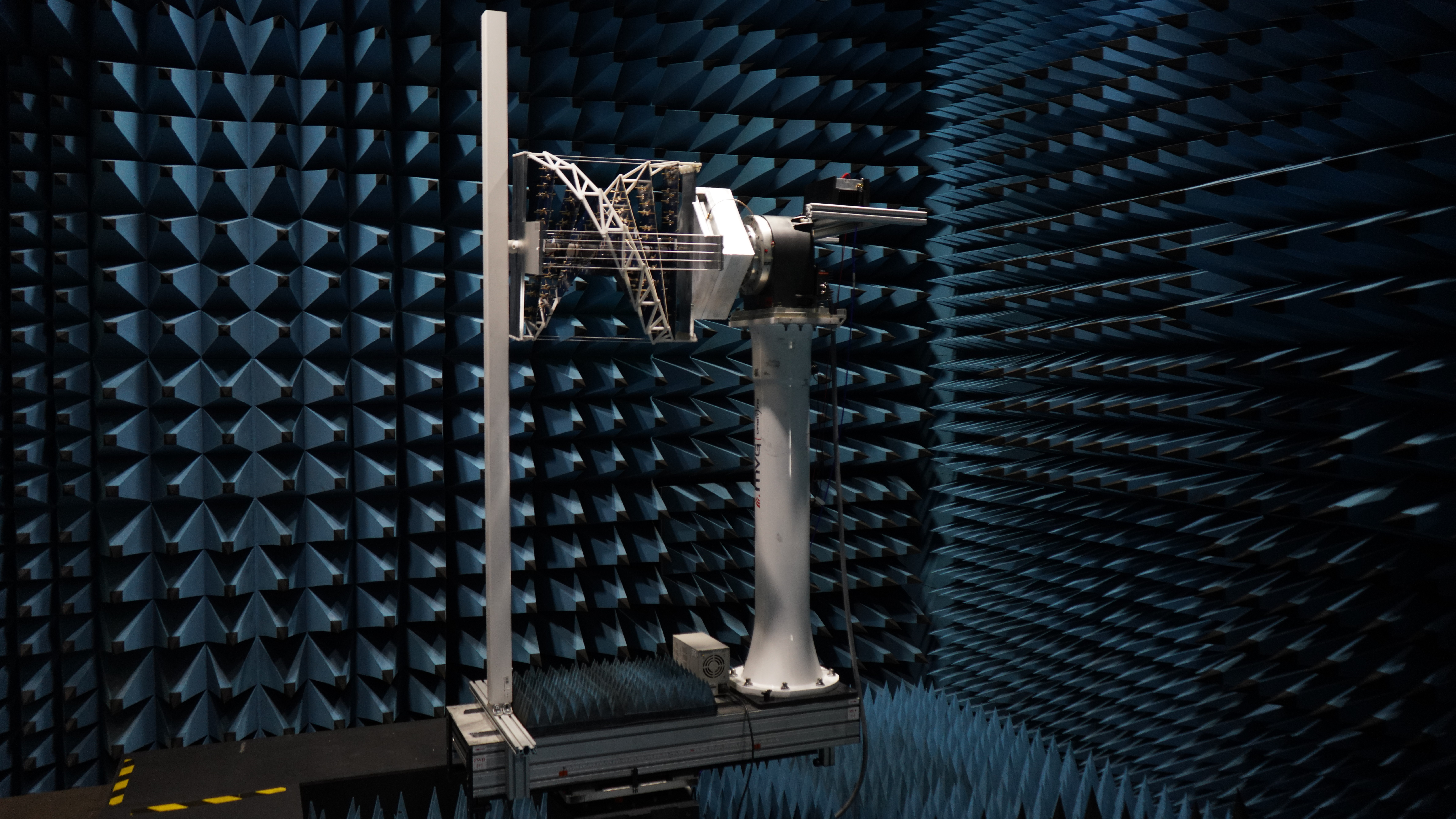
Breakthrough coming? Iceland could get solar power from space in 2030
By Tereza Pultarova published
A British startup plans to supply solar power from space to Icelanders by 2030, in what could be the world's first demonstration of the novel renewable energy source.
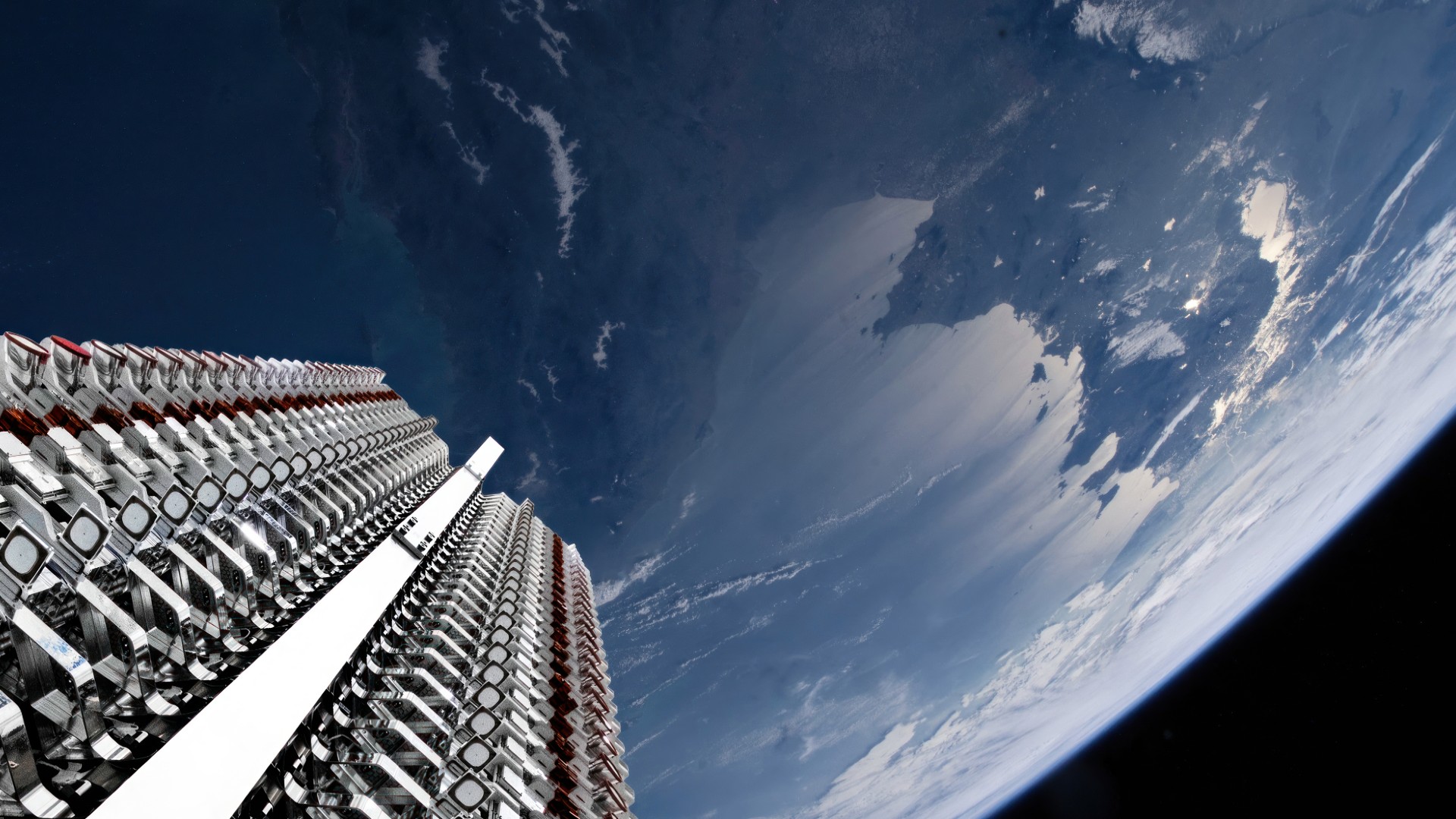
How much do SpaceX's reentering Starlink satellites pollute Earth's atmosphere?
By Tereza Pultarova published
SpaceX's Starlink satellites now make up 40% of reentering satellite debris. But is Elon Musk's space company the worst polluter of Earth's upper atmosphere?
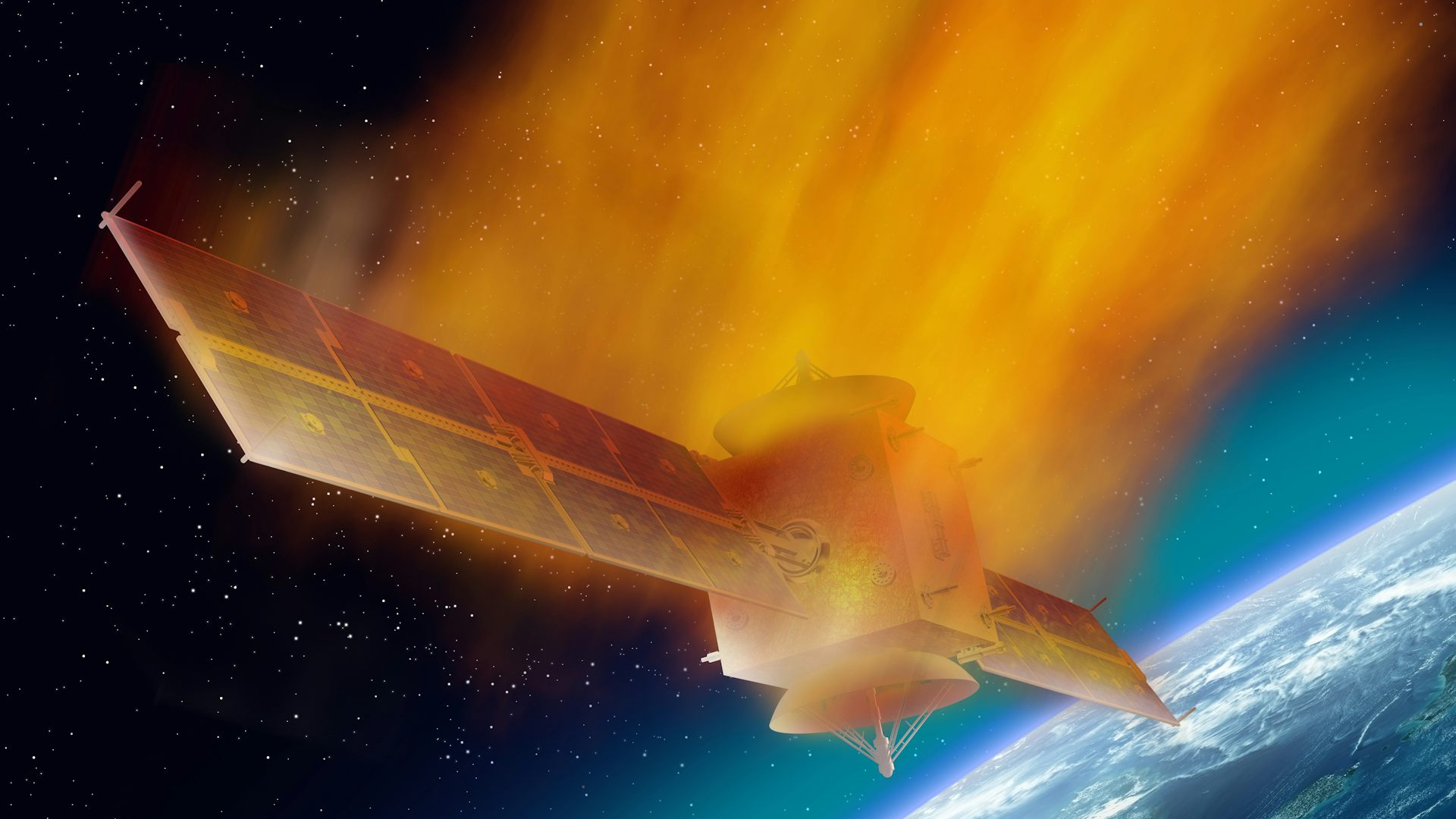
Pollution from rocket launches and burning satellites could cause the next environmental emergency
By Tereza Pultarova published
The growing number of rocket launches and satellites burning up in Earth's atmosphere could trigger the world's next big environmental emergency.
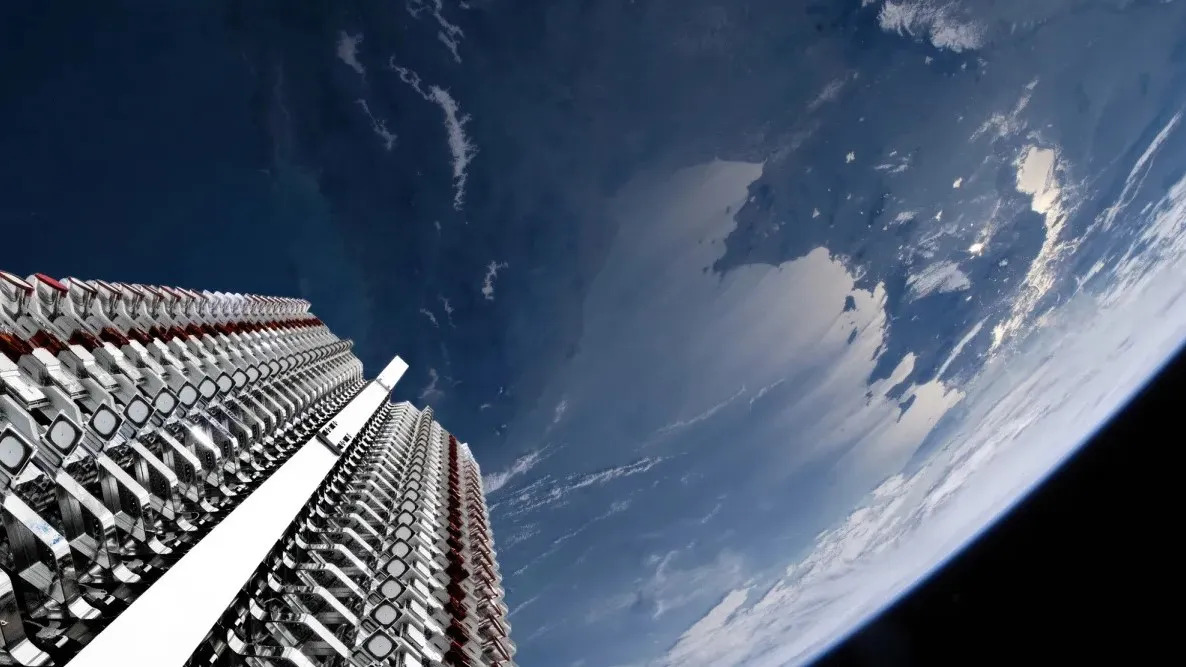
Dangerous satellite air pollution exists in a legal loophole
By Tereza Pultarova published
Air pollution from re-entering satellites is a potential environmental disaster that evades Earth-based laws, experts say.
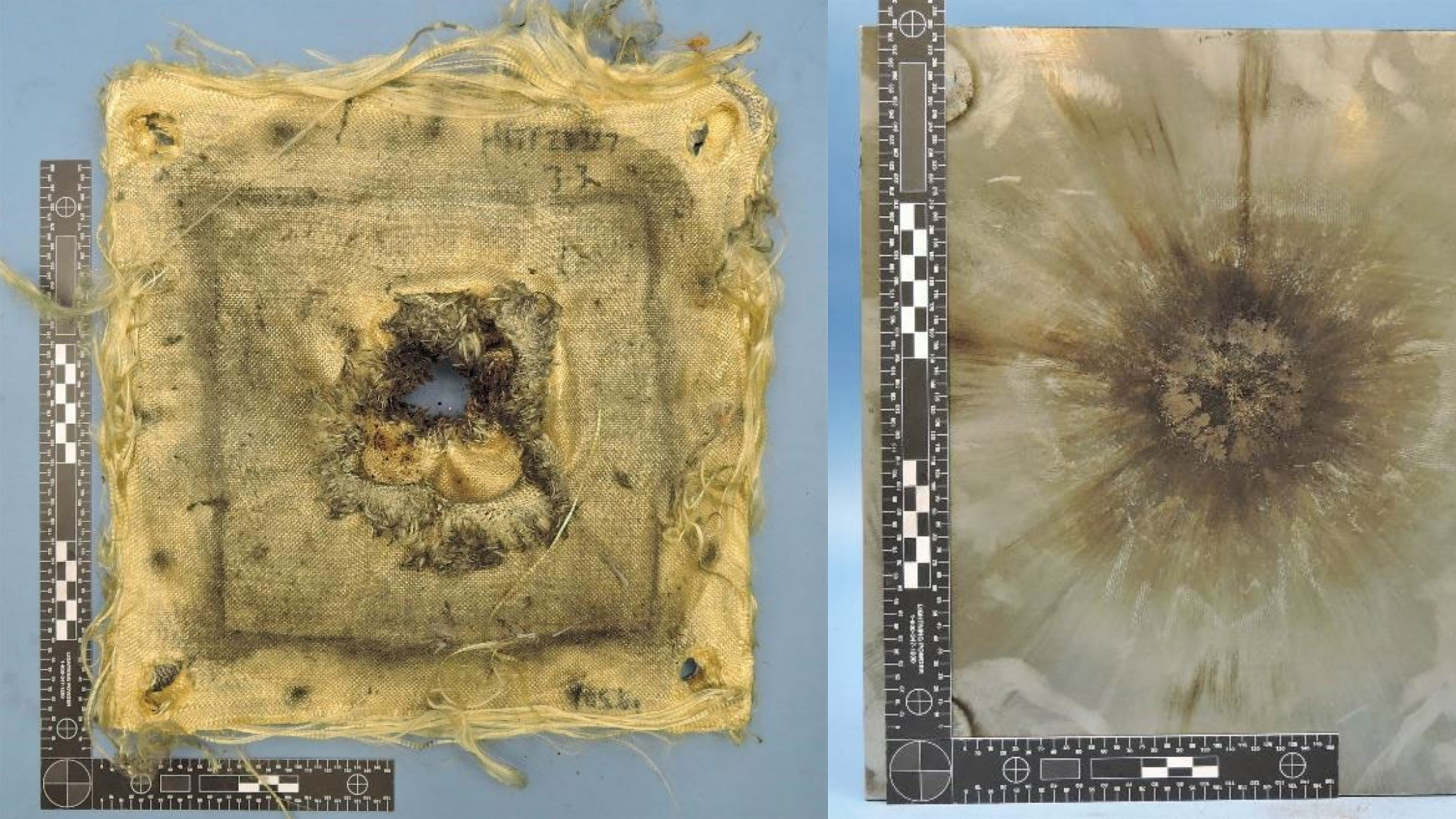
New type of Kevlar heading to ISS in October for space debris protection tests
By Tereza Pultarova published
Next-generation space debris protection material is being readied for a test trip to the International Space Station, to see how it holds up in the final frontier.
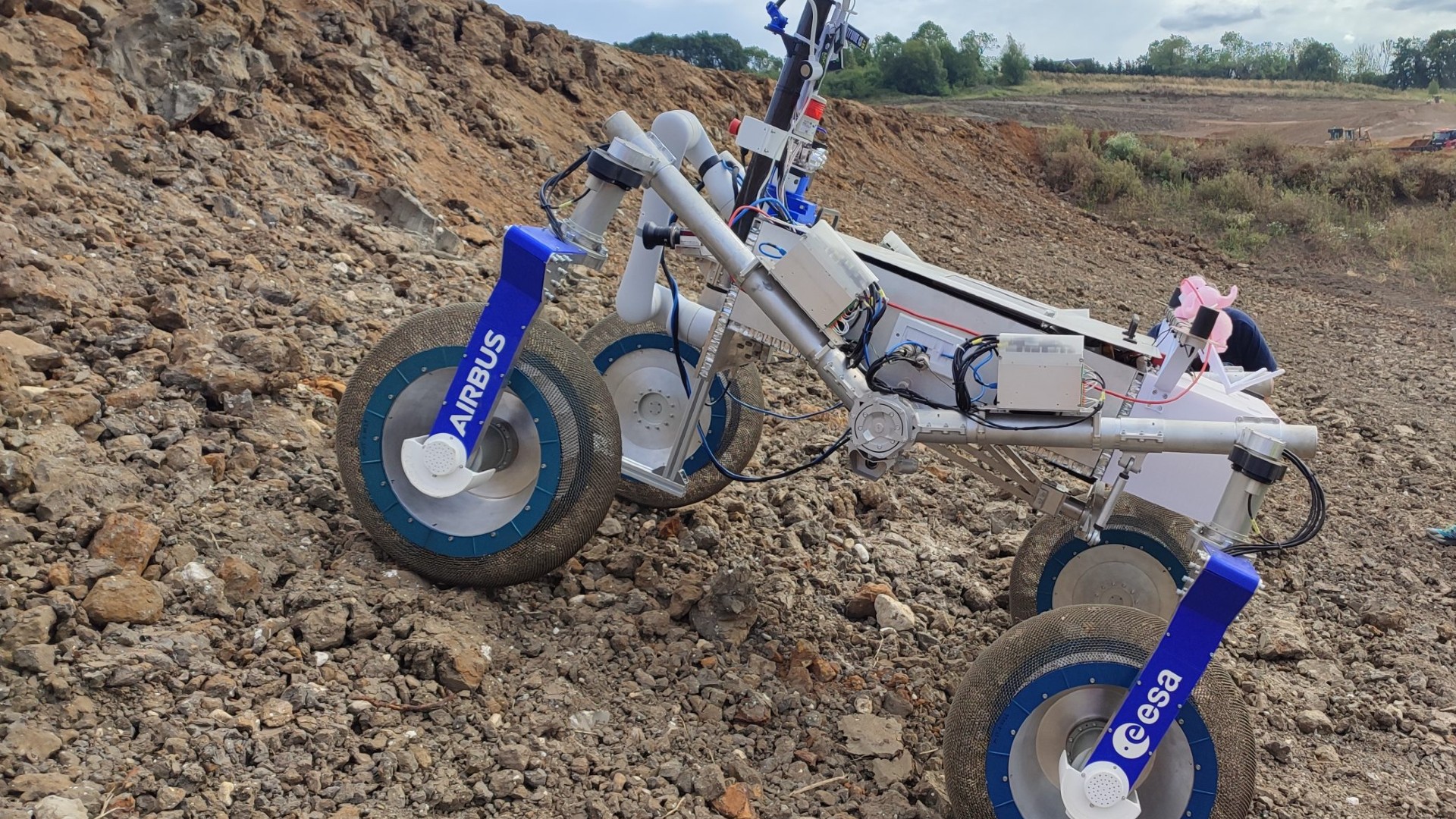
Europe's Mars 'fetch rover' nails sample pick-up test in the field (video)
By Tereza Pultarova published
Europe's Mars Sample Fetch Rover showcased its sample-picking skills in field tests for the first time this month.

Radio pollution from SpaceX's new Starlink satellites poses threat to astronomy, scientists say
By Tereza Pultarova published
SpaceX's new Starlink satellites are so radio noisy that they could blind radio astronomy observatories to the universe's most intriguing phenomena, scientists say.
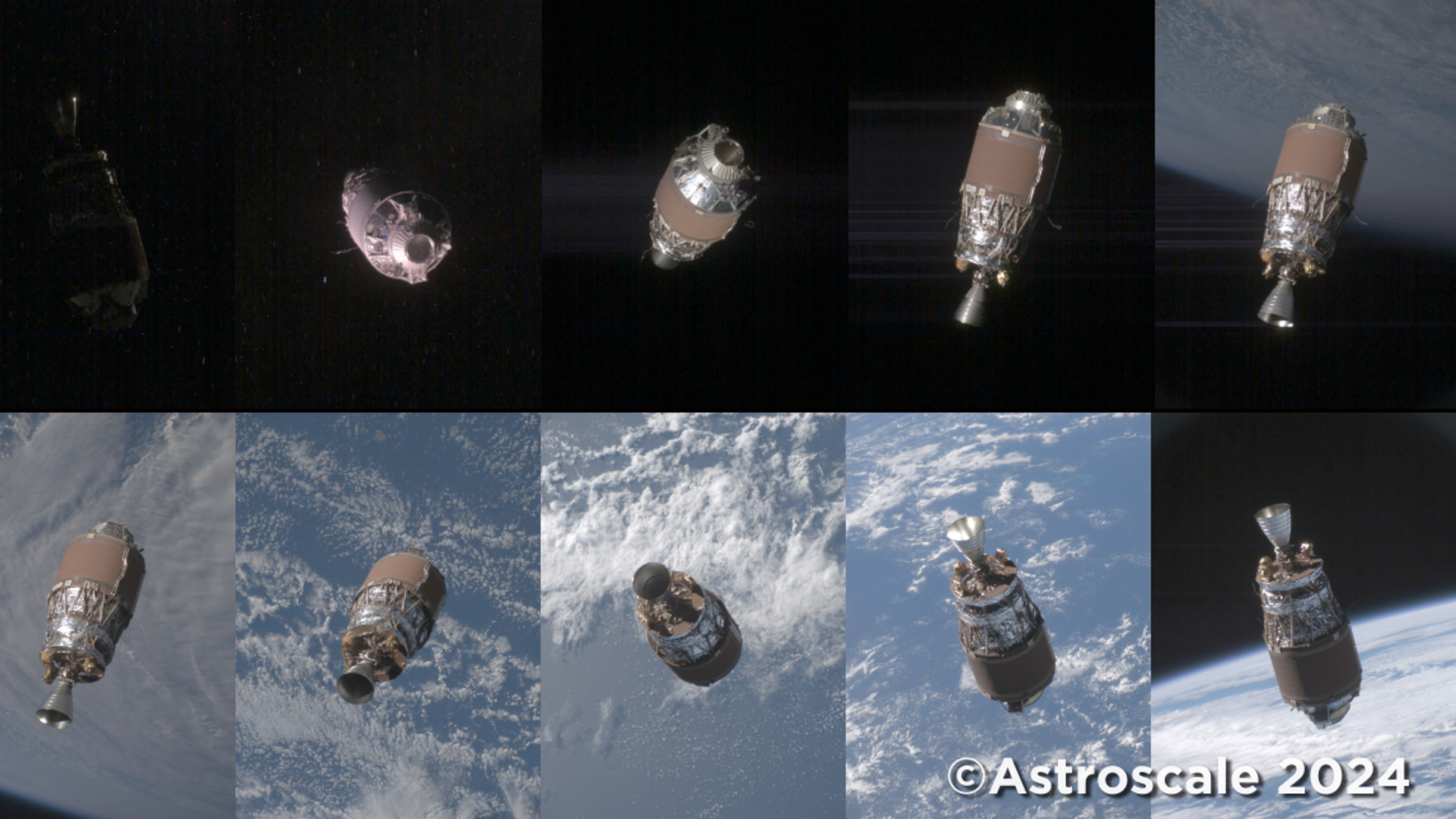
Japanese company to deorbit big hunk of space junk by 2029
By Tereza Pultarova published
Japanese space-sustainability company Astroscale just signed a $90 million contract to take a bus-sized rocket stage out of orbit by the end of the decade.
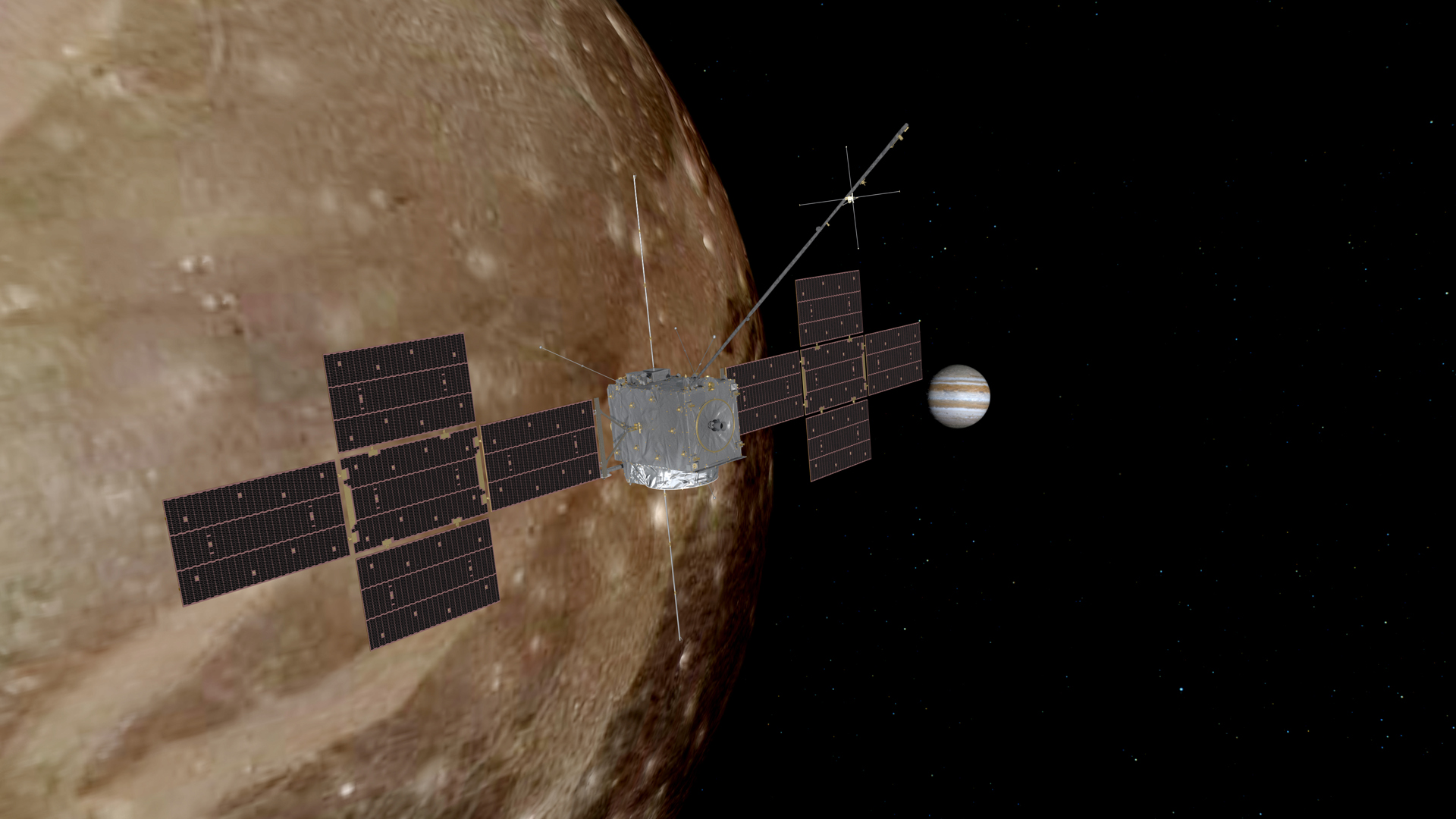
JUICE: A complete guide to Jupiter's icy moon exploring mission
By Tereza Pultarova last updated
Reference The Jupiter Icy Moons Explorer, or JUICE, is a European Space Agency mission to explore Jupiter and three of its icy moons: Europa, Callisto and Ganymede.
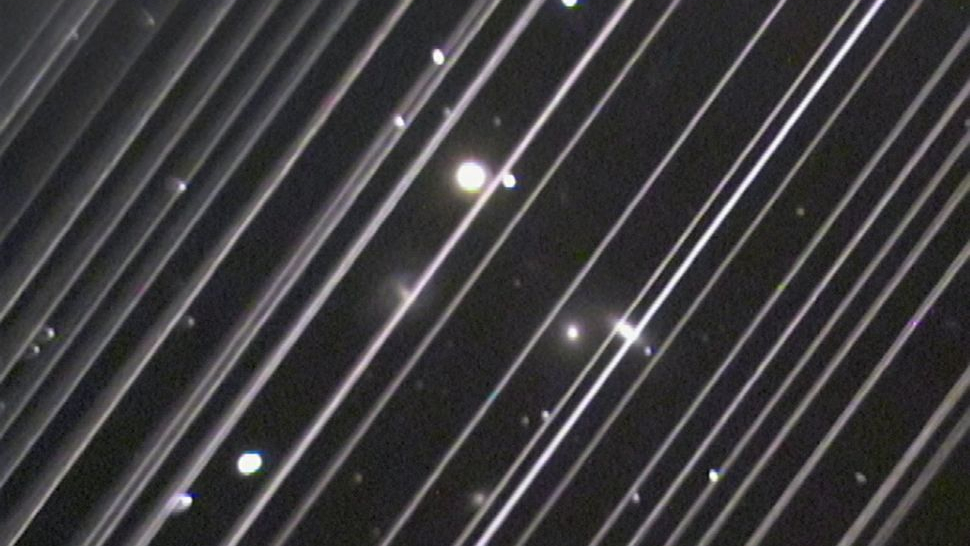
Petition calls for halt of megaconstellation launches for environmental review
By Tereza Pultarova published
A U.S. nonprofit organization has called on the U.S. Federal Communications Commission to pause satellite megaconstellation launches until their environmental impact can be assessed.

SpaceX to launch 1st space-hardened Nvidia AI GPU on upcoming rideshare mission
By Tereza Pultarova published
An Nvidia Jetson Orin NX chip, one of the most popular AI and edge computing GPUs, will launch to orbit soon, on SpaceX's Transporter 11 mission.

What is dark matter?
By Nola Taylor Tillman last updated
Reference Roughly 80% of the mass of the universe is made up of dark matter, a material that scientists cannot directly observe. So why do scientists think it dominates?
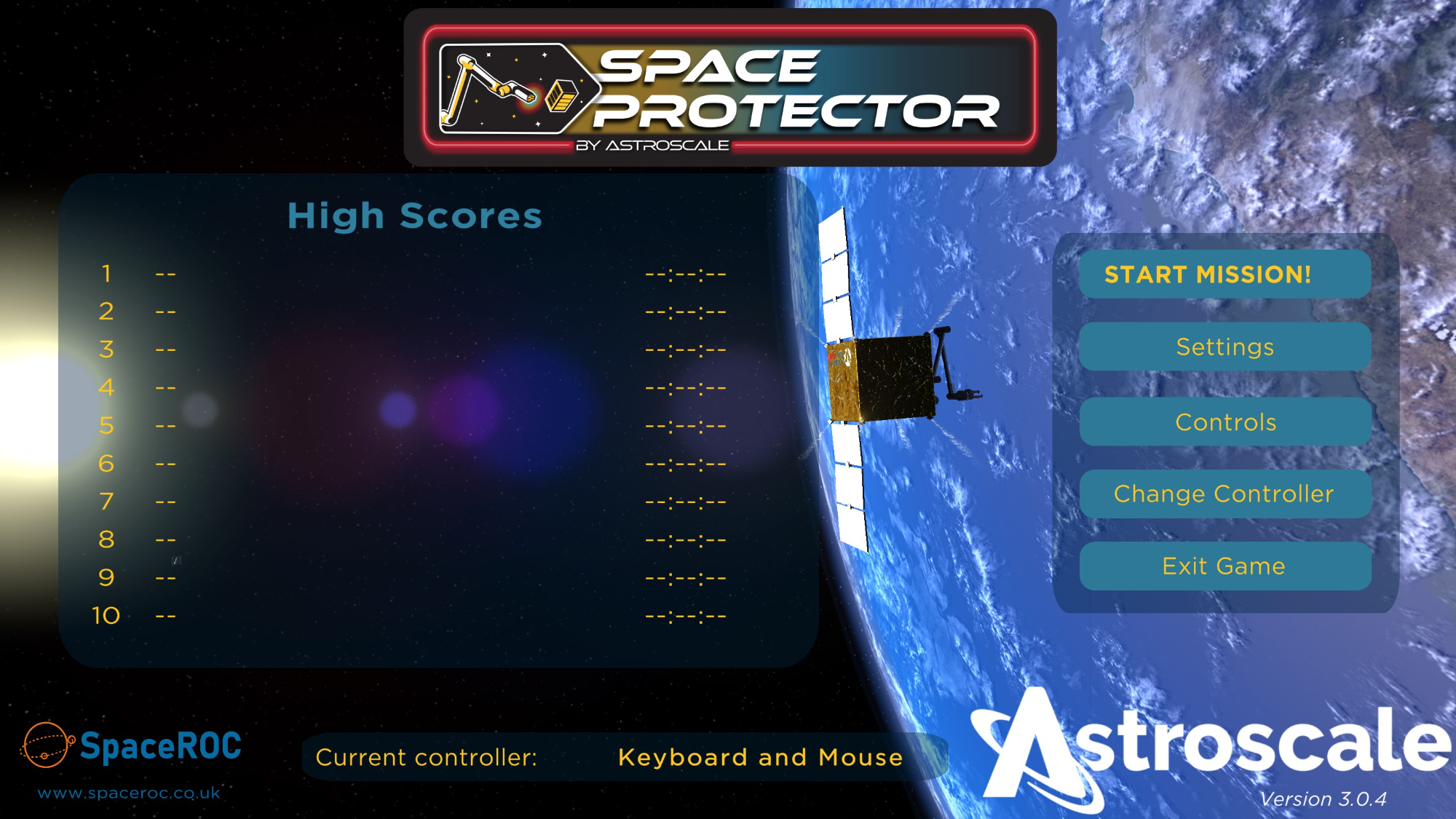
Test your space debris catching skills in new game released by Astroscale
By Tereza Pultarova published
Space sustainability company Astroscale has launched a free computer game that allows players to test their space debris catching skills in a simulation based on the company's real mission.
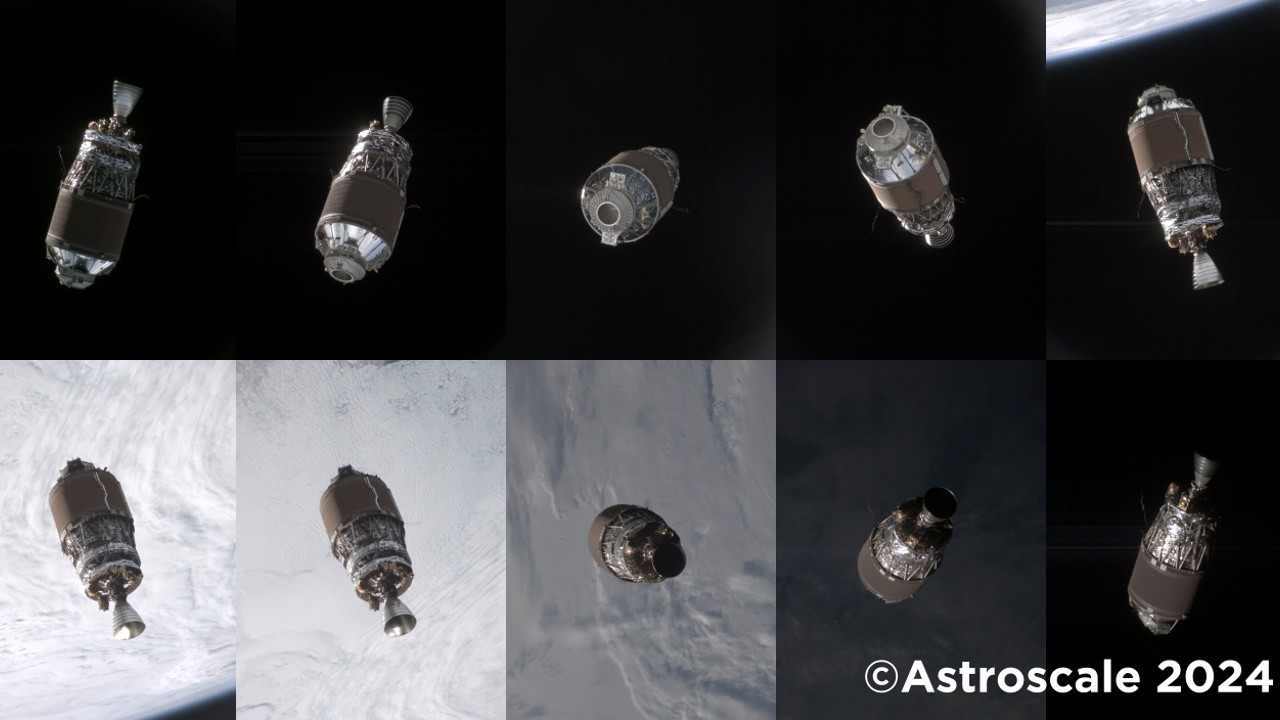
Space-junk scout captures amazing fly-around footage of discarded rocket in orbit (video)
By Tereza Pultarova published
Astroscale's ADRAS-J space debris inspecting mission completed a series of fly-around maneuvers of its target space junk, capturing stunning footage of a dead rocket stage in orbit.
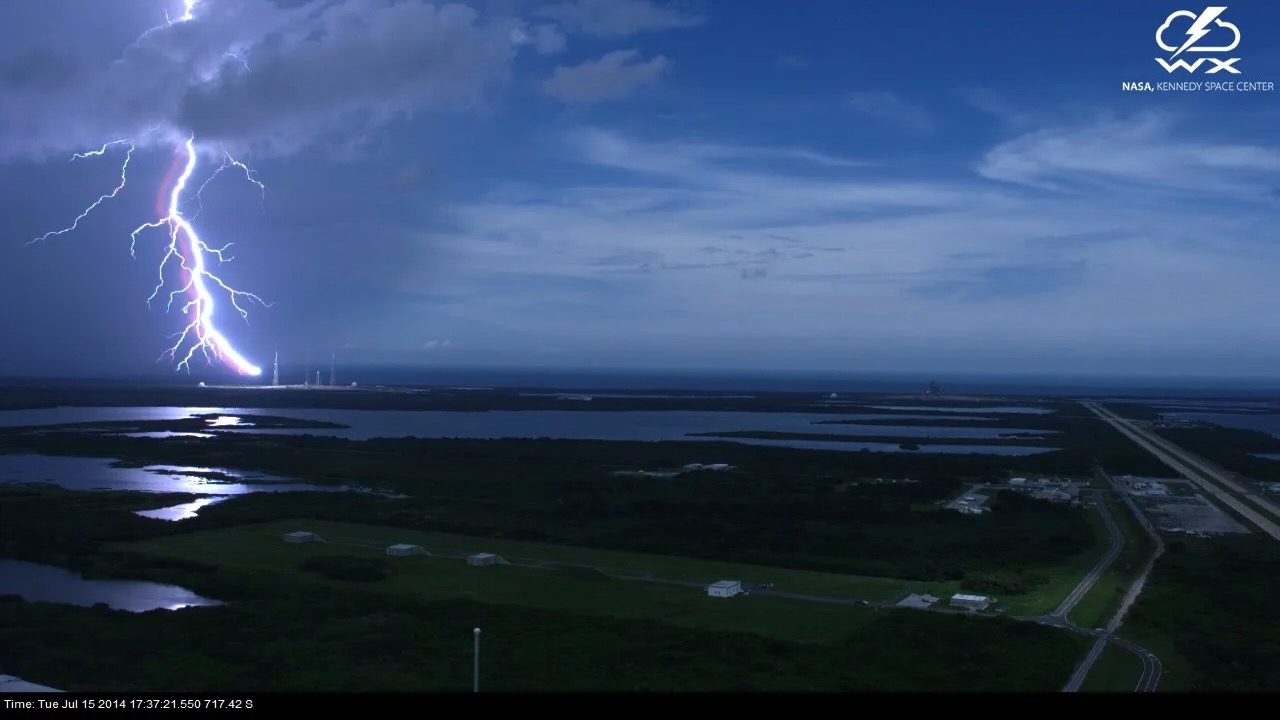
Google-inspired AI model improves Cape Canaveral space launch weather forecasts by 50%
By Tereza Pultarova published
An AI-powered weather model inspired by language-processing systems invented by Google is helping launch companies avoid disruptions to their busy schedules on Florida's Space Coast.
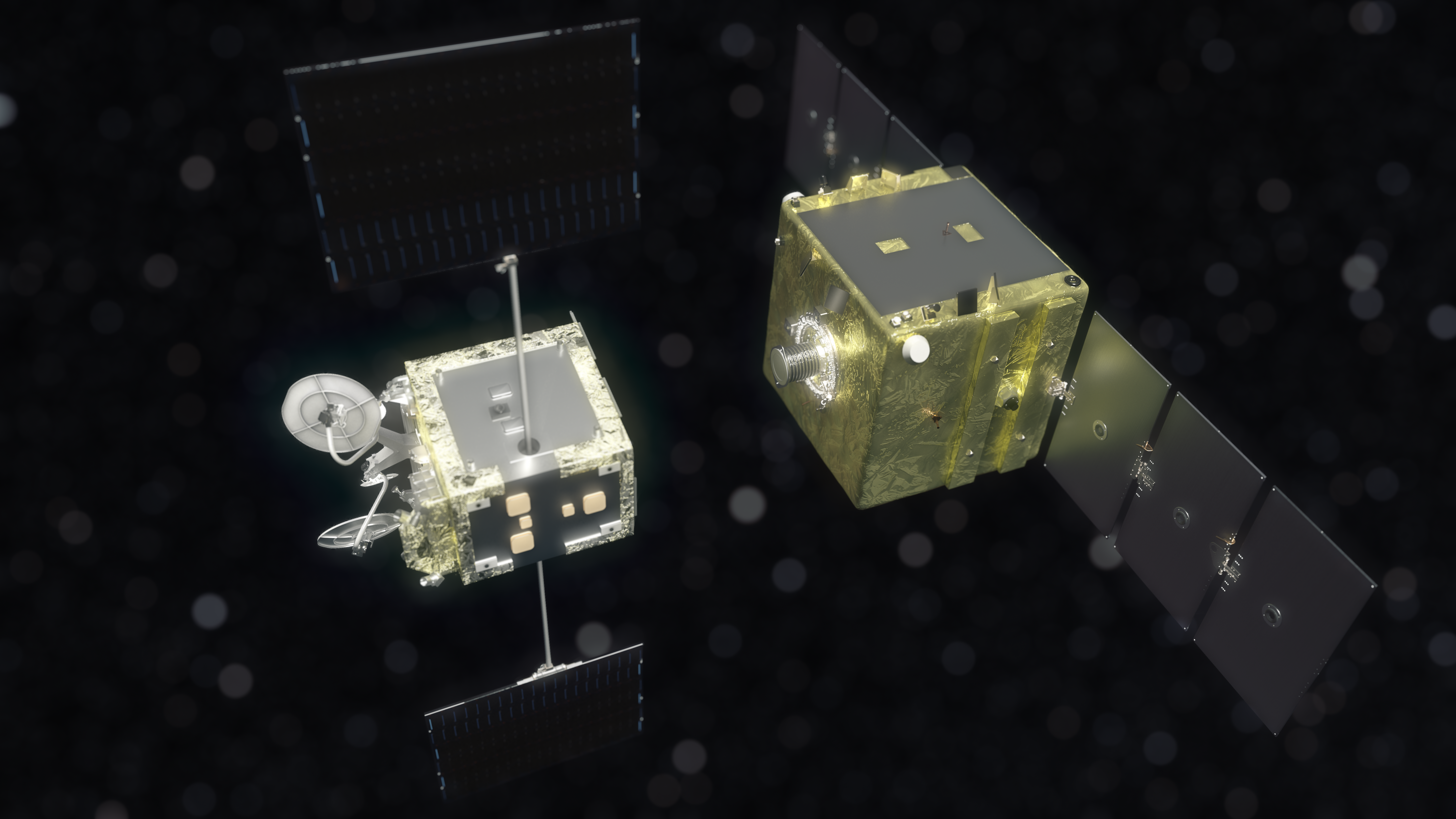
Astroscale's space debris removal demo mission funded for 2026 launch
By Tereza Pultarova published
Astroscale's ELSA-M demo space junk collector will remove a defunct OneWeb satellite from orbit in 2027.
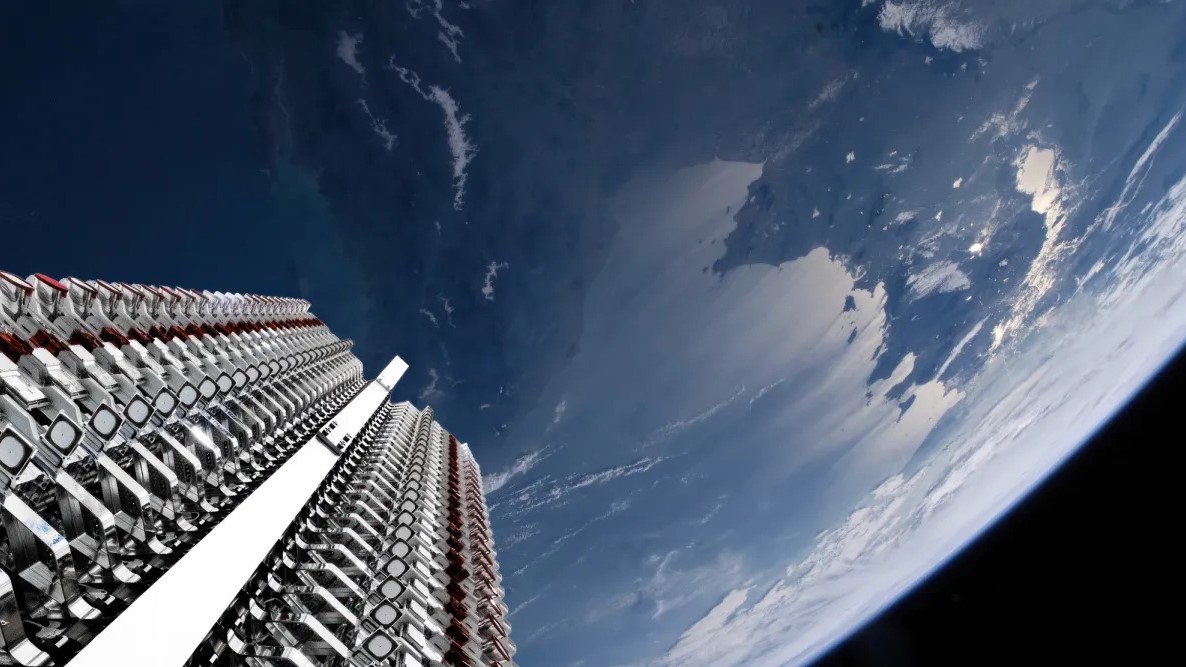
SpaceX Starlink satellites made 50,000 collision-avoidance maneuvers in the past 6 months. What does that mean for space safety?
By Tereza Pultarova published
Satellites in SpaceX's Starlink megaconstellation made nearly 50,000 collision-avoidance maneuvers in the last six months, about double the number made in the previous half-year.
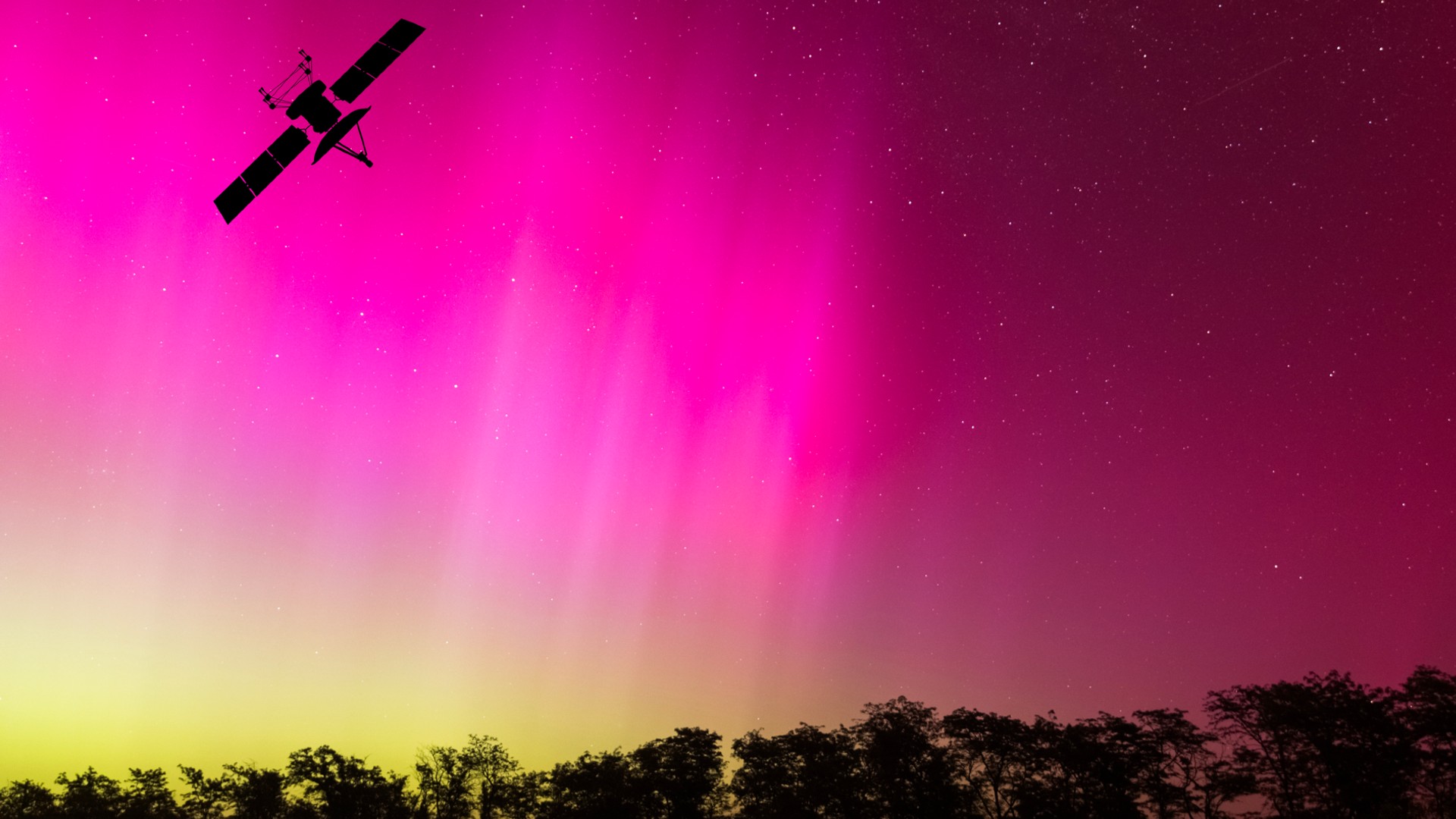
May solar superstorm caused largest 'mass migration' of satellites in history
By Tereza Pultarova published
In May 2024, the most powerful solar storm to hit Earth in two decades caused chaos in space as it forced thousands of satellites to fight against thickening atmospheric gases to remain in orbit.

Satellite megaconstellations threaten ozone layer recovery, study confirms
By Tereza Pultarova published
Satellites burning up in Earth's atmosphere are producing chemicals that could thwart the recovery of our planet's protective ozone shield.
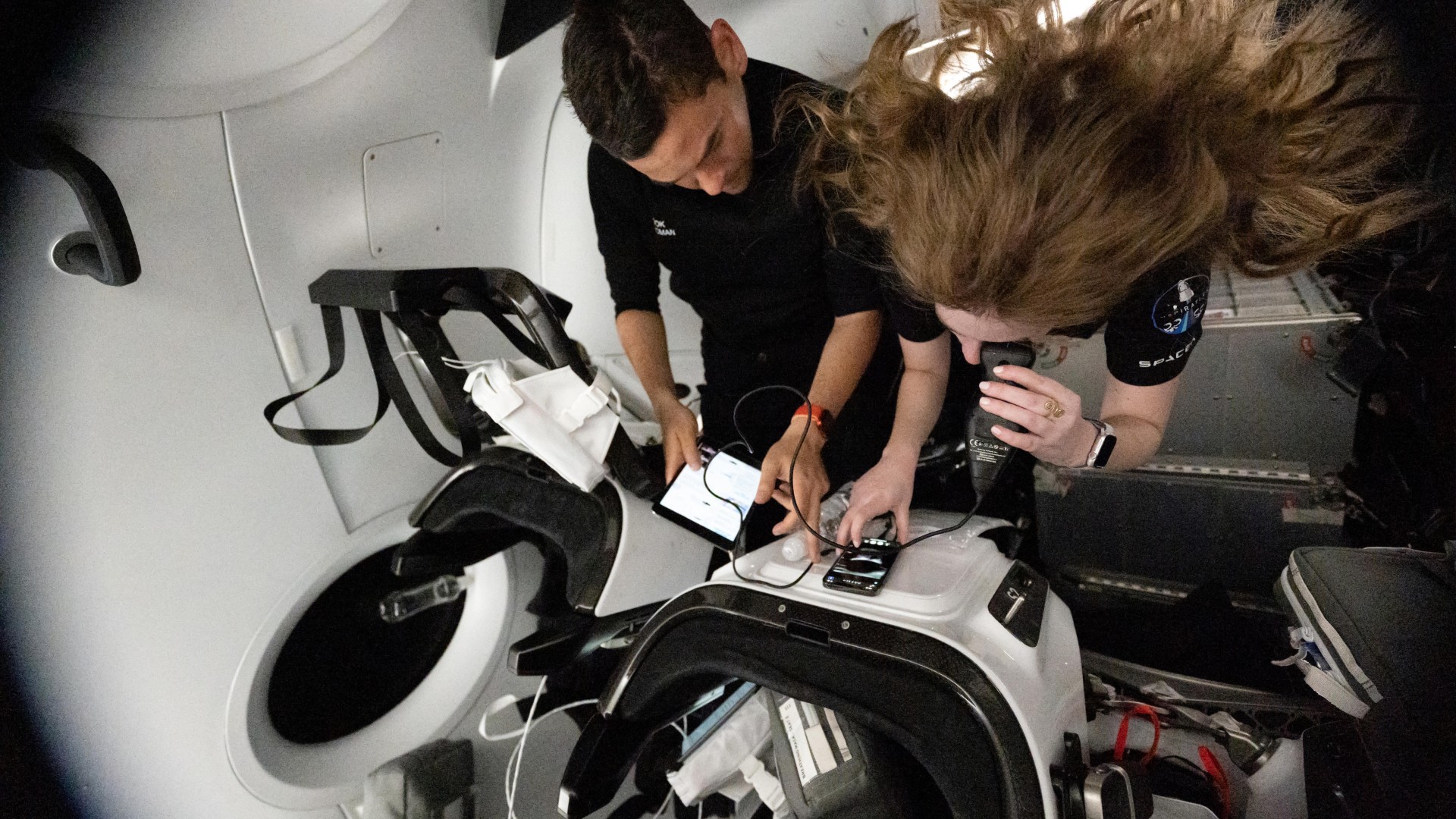
SpaceX's Inspiration4 astronauts got genetically younger in space: study
By Tereza Pultarova published
Scientists have found that the members of the first all-civilian space mission, Inspiration 4, got genetically younger during their stay in space. But the effects did not last long.
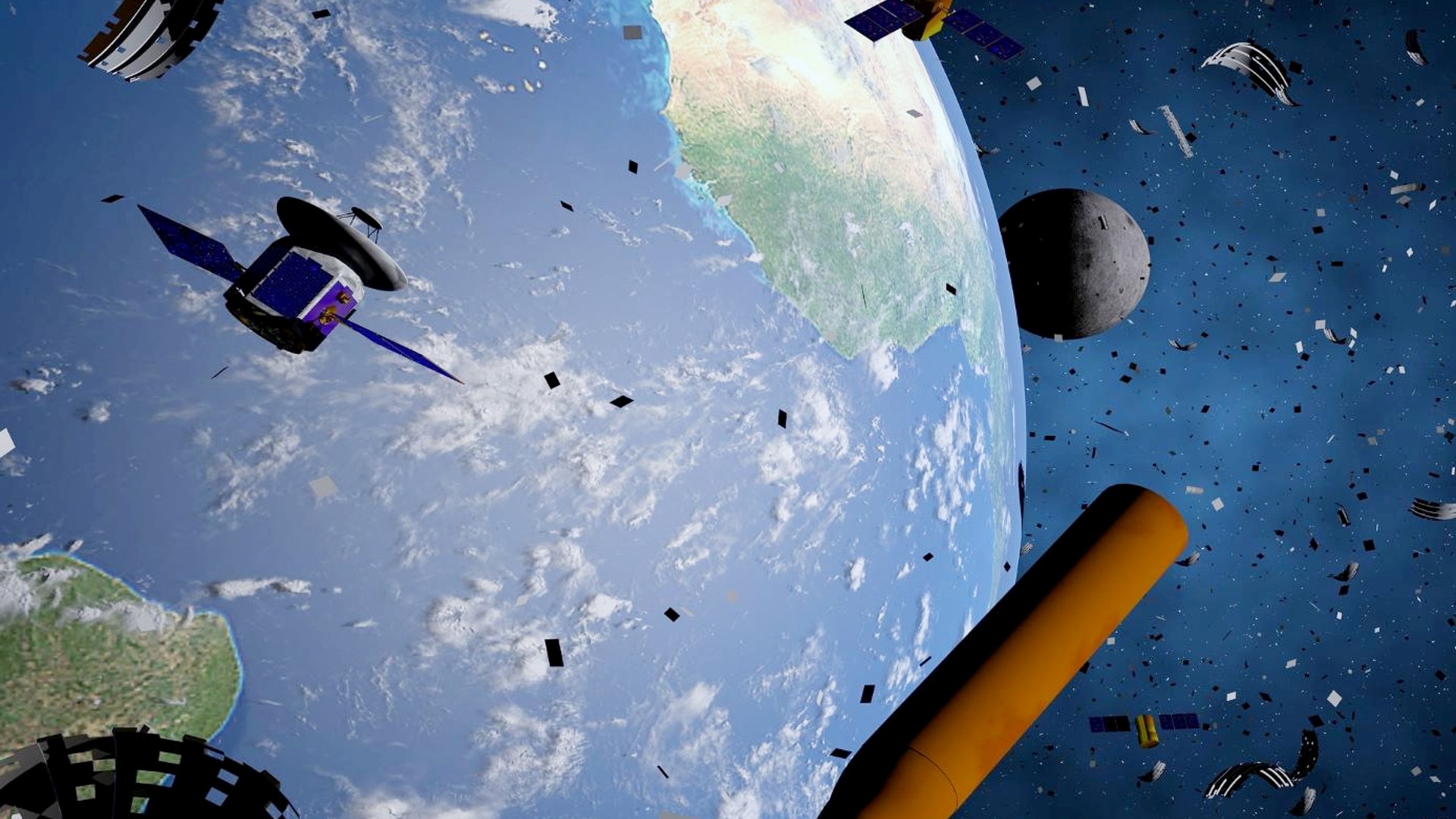
Space debris could be dealt with more cheaply than previously thought, new NASA report suggests
By Tereza Pultarova published
A new report by NASA outlines the most promising approaches to keeping the space around Earth safe and usable for future generations.
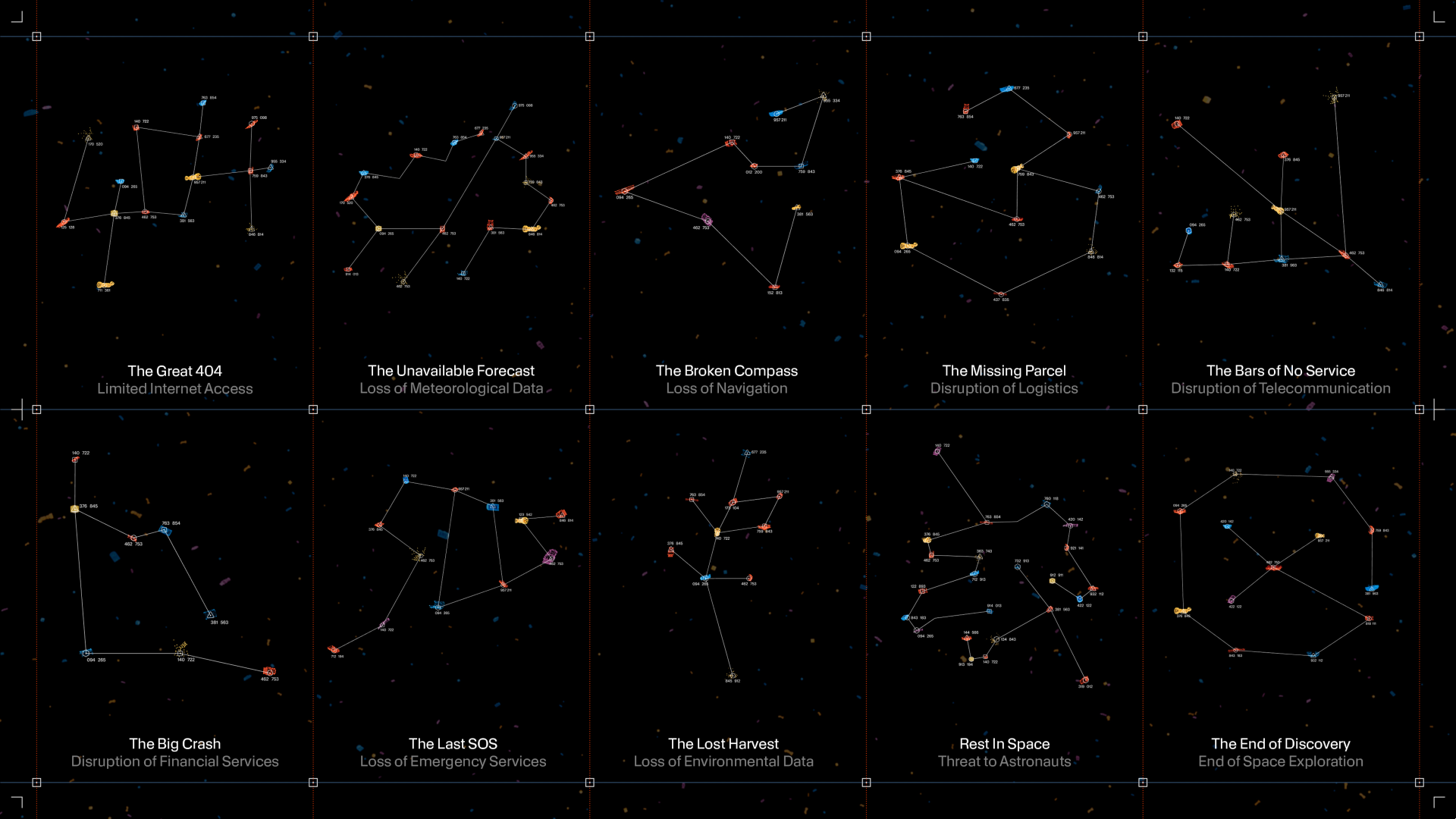
Space Trash Signs project creates debris 'constellations' to highlight space junk problem (video)
By Tereza Pultarova published
The Space Trash Signs project has created "constellations" made of defunct satellites and old rocket parts to draw attention to the worsening space debris problem.
Get the Space.com Newsletter
Breaking space news, the latest updates on rocket launches, skywatching events and more!
